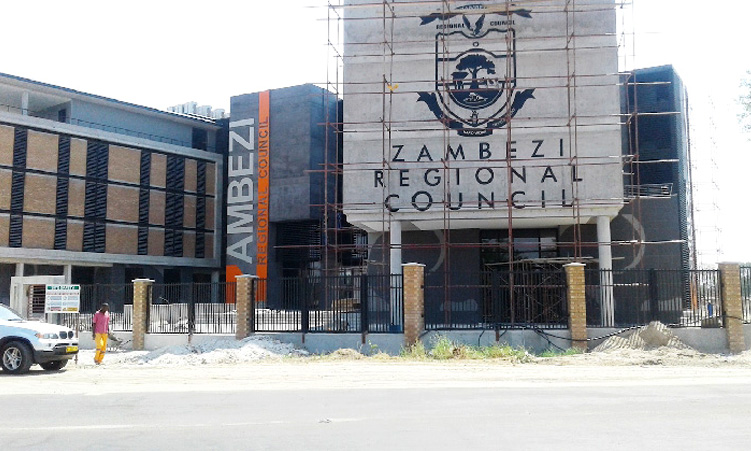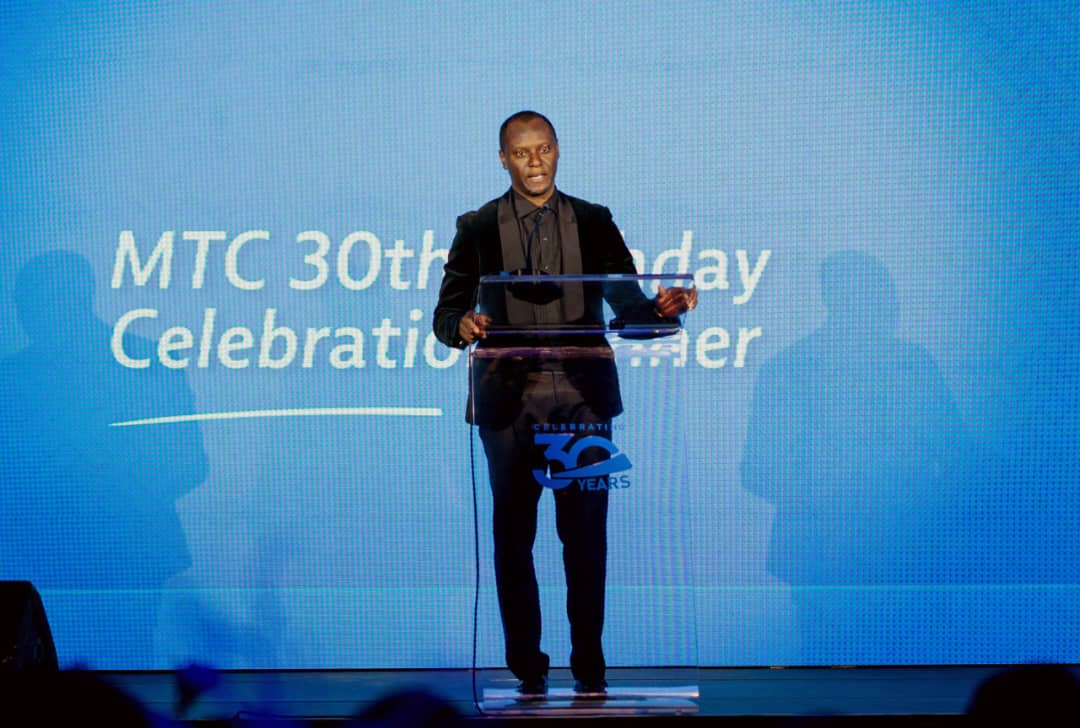SOUTHERN African Customs Union (Sacu) partners met in Swaziland on Friday to rescue the union which is under pressure after three of the five countries signed interim economic partnership agreements (EPAs) with the European Union.
Rachel Jafta, associate professor of economics at Stellenbosch, said the future of the customs union was under focus.’They will be trying to salvage that,’ she said, noting that the signing of the EPAs by Botswana, Lesotho and Swaziland – the latter two heavily dependent on revenue flows from the customs union – had been opposed all along by South Africa.Now it looks like South Africa may have to compromise.Brendan Vickers of the Institute of Global Dialogue said the EPA agreements presented problems in the area of services and investment.These countries were dominated by SA service providers but the three countries wanted to open up to competition.Trade Law Centre director Trudi Hartzenberg, said the ending of the Sacu revenue pool was unlikely ‘although not impossible’.It would be a heavy blow to Lesotho which derived about 50 per cent of its state revenue from the pool while in Swaziland it constituted about 25 per cent.While South Africa, which contributed about 0,9 per cent of its GDP to the pool, would initially benefit from the ending of the revenue pool, it was unlikely it would risk scrapping it because of the social and economic fallout for the region.However, South Africa may make revenue transfers to its member states conditional, for instance on education or promoting industrialisation to create jobs.A key problem to resolve is that the signing of the EPAs would undermine the prospects of Sacu countries – South Africa, Namibia, Swaziland, Lesotho and Botswana – being able to apply a common external tariff for imports.Vickers noted that this could mean tougher policing of border controls from the SA side.The so-called ‘single transformation rule’ would apply to imports from Europe to the countries which had signed the EPAs – which means that a product like clothing would need only to have buttons, for example.South Africa, however, in terms of the trade, development and cooperation agreement with Europe requires a more complex double transformation rule – such as ‘spinning the cotton into a yarn and then into a fabric’.This had implications for dumping cheap goods from Europe through the Sacu member states into the southern African market.South Africa also has difficulty with the ‘most favoured nation’ clause in the EPAs.This means, according to Vickers, that any concession with major economic blocks like Mercusor – or even India and China – would have to be reflected in the relationship with Europe.This presents problems for SA which was wishing to promote ‘south-south’ relations.Hartzenberg noted that South Africa would want to renegotiate the revenue agreement of Sacu.While Lesotho and Swaziland in particular were dependent on the revenue, it did not contribute in any significant way to SA revenue.Xavier Carim, trade and industry department negotiator, says the EPA threatens to weaken Sacu.’Unless addressed urgently, some of the EPA legal requirements could undermine Sacu’s ability to function even as it has until now. These include differences in tariff regimes and rules of origin under the trade development and cooperation agreement and EPA.’He said the EPAs contain provisions that limit policy space to promote agricultural and industrial development and to diversify trade relations ‘with other important economies around the world’.While SA has stated it would not sign an EPA until it is convinced that the concerns it had raised were addressed, Namibia is facing pressure to sign an EPA as it currently enjoys a favourable, but temporary, trade regime for its beef exports to Europe.-Business Report
Stay informed with The Namibian – your source for credible journalism. Get in-depth reporting and opinions for
only N$85 a month. Invest in journalism, invest in democracy –
Subscribe Now!










